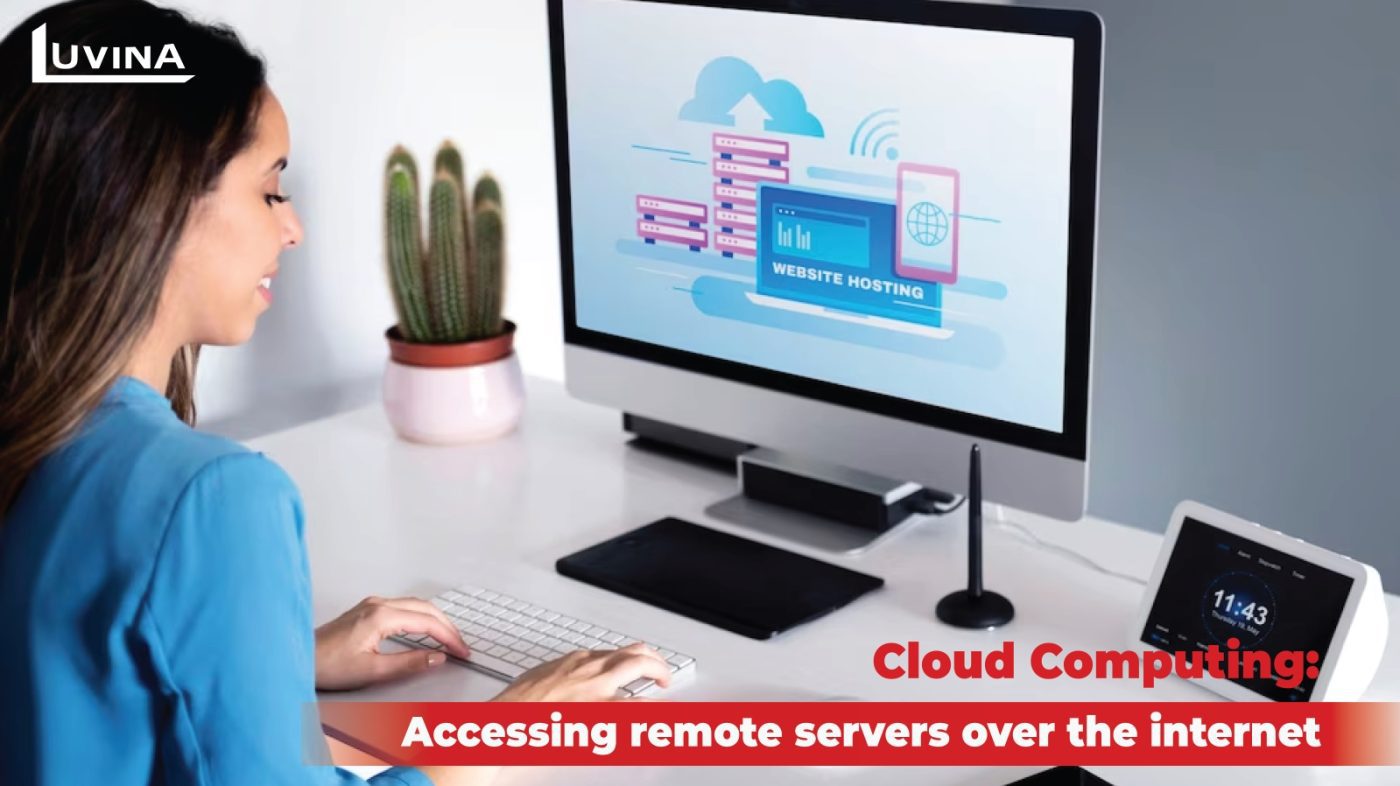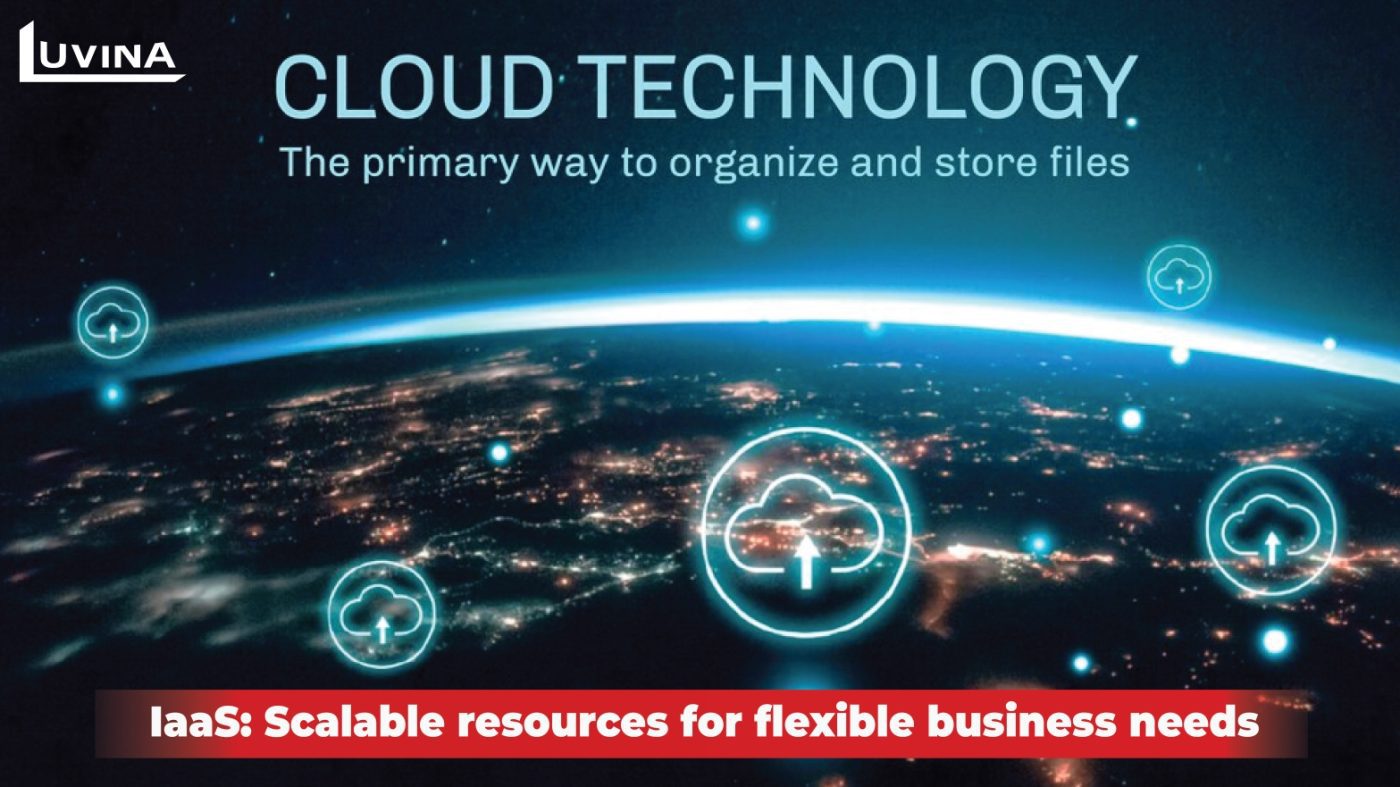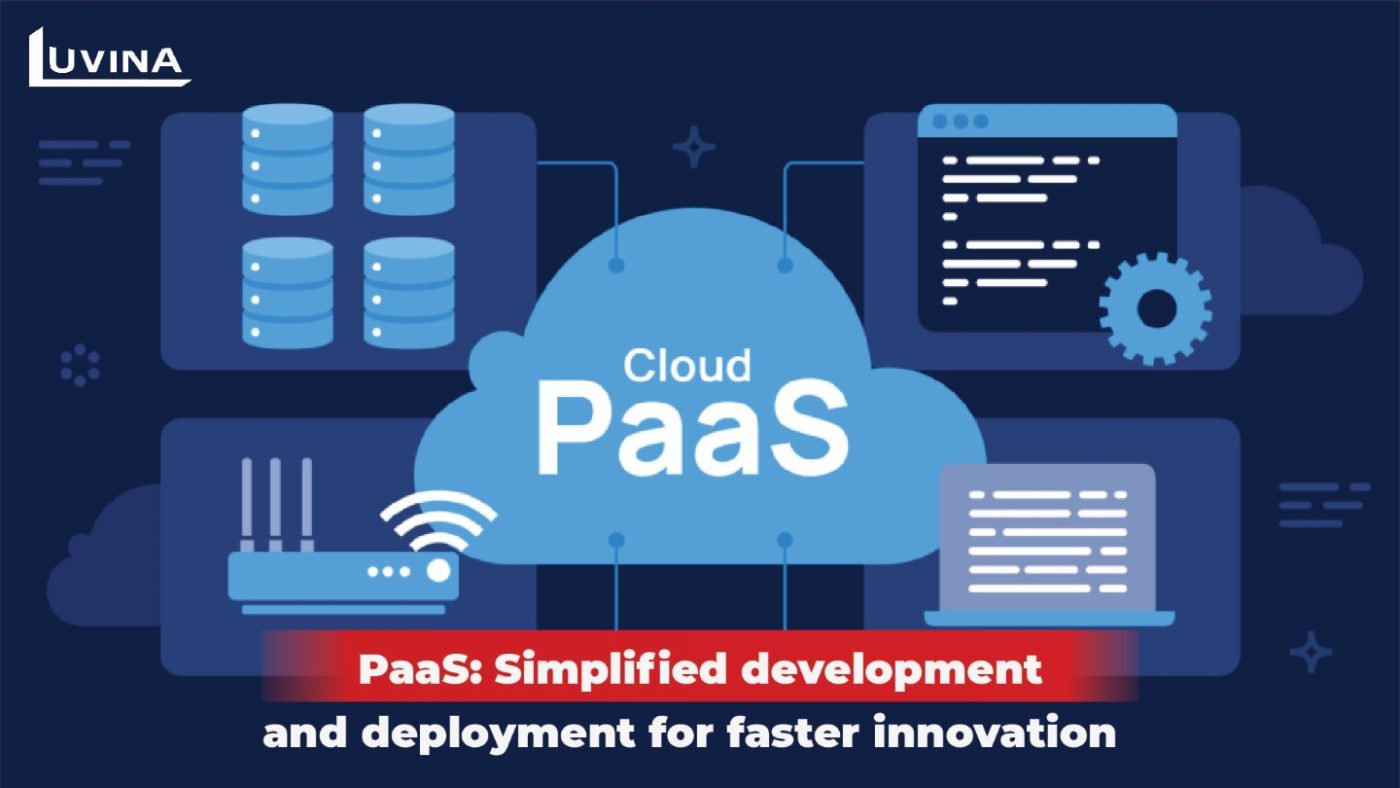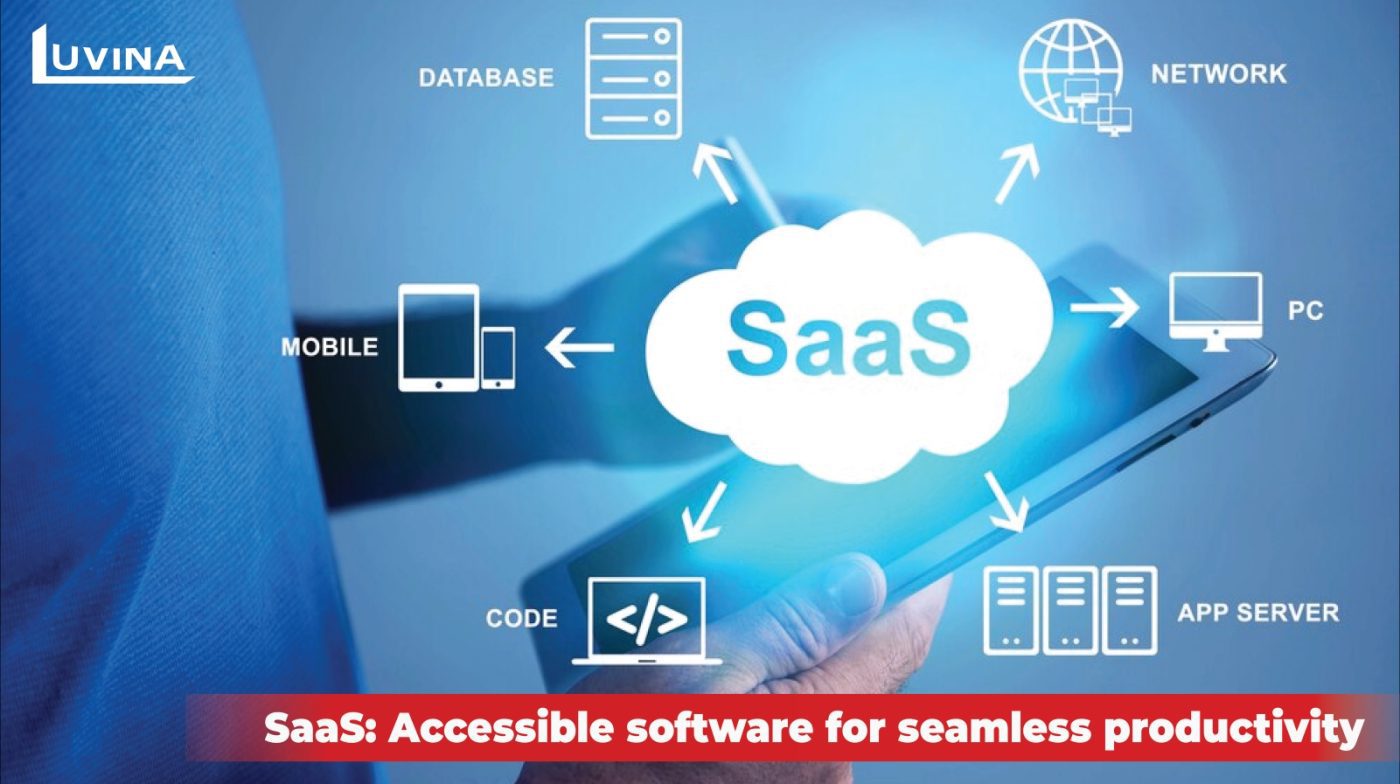In today’s digital age, the realm of cloud computing has evolved into a sprawling landscape of varied services, catering to a myriad of needs across industries. The versatility and adaptability of cloud technology have transformed the way businesses operate, innovate, and deliver services. Understanding the types of cloud services available is crucial to harnessing their full potential and reaping their benefits. This comprehensive guide delves into the multifaceted nature of cloud services, shedding light on their diverse categories, unique advantages, and real-world applications.
Understanding the Basics of Cloud Computing

Cloud computing refers to the delivery of computing services, including servers, storage, databases, networking, software, and analytics, over the internet (“the cloud”) to offer faster innovation, flexible resources, and economies of scale. In essence, it allows users and businesses to access and use applications and data from remote servers hosted on the internet, rather than relying solely on a local server or personal computer. This shift has revolutionized how businesses approach IT resources, enabling them to utilize computing power without needing to own physical infrastructure.
Cloud computing relies on virtualization, allowing the creation of virtual resources from physical hardware. Elasticity ensures resources scale seamlessly, while scalability ensures systems adapt to varying workloads.
Cloud services fall into three primary types: Infrastructure as a Service (IaaS), Platform as a Service (PaaS), and Software as a Service (SaaS). Each model offers distinct functionalities catering to diverse business needs.
Types of Cloud Services
1. Infrastructure as a Service (IaaS)

Infrastructure as a Service (IaaS) represents a pivotal pillar in cloud computing, offering users virtualized computing resources over the internet. This model provides a fundamental building block, allowing businesses to rent infrastructure components, including servers, storage, networking, and more, rather than investing in physical hardware. IaaS facilitates a flexible environment where users can build, deploy, and manage scalable applications and infrastructure, paying only for the resources utilized.
One of the standout advantages of IaaS lies in its flexibility and scalability. Businesses can easily scale resources up or down based on fluctuating demands, eliminating the need for fixed investments in hardware. This inherent agility enables organizations to respond promptly to changing requirements without major infrastructure overhauls. Additionally, IaaS mitigates the burden of managing on-premises infrastructure, allowing companies to focus on core business strategies rather than infrastructure maintenance.
Some notable IaaS providers include Amazon Web Services (AWS), Microsoft Azure, and Google Cloud Platform (GCP). AWS offers a wide array of services, including Elastic Compute Cloud (EC2) and Simple Storage Service (S3). Azure, Microsoft’s cloud platform, provides services like Virtual Machines and Azure Blob Storage, catering to diverse infrastructure needs. Meanwhile, GCP delivers services such as Compute Engine and Google Cloud Storage, each tailored to offer scalable and robust infrastructure solutions.
2. Platform as a Service

PaaS is a cloud service model that provides a platform allowing customers to develop, run, and manage applications without dealing with the complexities of the underlying infrastructure. It offers tools and frameworks for building, testing, and deploying software applications. This model enhances agility, enabling faster development cycles and reducing time-to-market for new applications. Additionally, PaaS simplifies the deployment process, automates management tasks, and streamlines application scaling.
PaaS offers numerous benefits for businesses. It facilitates collaboration among development teams, enhances productivity through streamlined processes, and reduces the overhead of managing underlying infrastructure. Moreover, PaaS allows organizations to focus more on innovation and less on infrastructure management, leading to cost savings and faster delivery of applications.
Several notable case studies highlight the success of PaaS deployments. For instance, Salesforce’s PaaS solution, Salesforce Platform, empowers businesses to build and deploy custom applications on their CRM platform, streamlining sales and customer relationship management. Additionally, Heroku, a PaaS provider, enables developers to build and deploy applications effortlessly, offering a scalable and flexible platform for app deployment and management.
3. Software as a Service (SaaS)

SaaS is a cloud-based software distribution model where applications are hosted and managed by a third-party provider and accessed over the internet by end-users. This model transforms the way software is delivered, eliminating the need for users to install, maintain, or update applications on their devices. SaaS solutions impact enterprises by reducing infrastructure costs, offering scalability, and providing flexible subscription-based pricing models. For end-users, SaaS simplifies access to software, enabling usage across multiple devices without the hassle of installation.
SaaS applications bring accessibility, allowing users to access software from any location with an internet connection, fostering collaboration and remote work. Furthermore, they offer cost-effectiveness through subscription-based pricing, eliminating upfront software costs and minimizing maintenance expenses. The pay-as-you-go model ensures that users pay only for what they use, making SaaS an attractive option for businesses.
Numerous industries leverage SaaS applications. Microsoft 365 and Google Workspace are prominent examples of SaaS products offering productivity tools like email, word processing, spreadsheets, and collaboration features. Salesforce, a leading CRM platform, operates on the SaaS model, empowering businesses with customer relationship management functionalities. Moreover, Zoom, a widely used video conferencing tool, operates as a SaaS solution, facilitating virtual meetings and collaborations seamlessly.
Trends and Future Outlook

Cloud development services continue to evolve, driven by emerging trends and innovations that shape the future of computing. One notable trend is the increasing adoption of serverless computing, offering a pay-per-execution model that simplifies application development and deployment. Edge computing, another significant trend, brings computation closer to data sources, reducing latency and enhancing real-time processing capabilities. Additionally, the integration of AI and machine learning into cloud services is revolutionizing data analysis, offering predictive insights and automation.
Looking ahead, the evolution of cloud services is expected to profoundly impact businesses and industries. Multi-cloud strategies are gaining prominence, allowing organizations to leverage multiple cloud providers for enhanced flexibility and resilience. Moreover, the growth of hybrid cloud solutions combining public and private clouds offers a balance between security and scalability. The future of cloud computing promises to optimize operations, foster innovation, and drive digital transformation across diverse sectors.
>> See more: Cloud Computing Trends You Cannot Ignore
Conclusion
In summary, understanding the diverse range of cloud services – Infrastructure as a Service (IaaS), Platform as a Service (PaaS), and Software as a Service (SaaS) – is crucial for modern businesses. Each service model offers unique advantages, from the flexibility and scalability of IaaS to the streamlined application development provided by PaaS, and the accessible, cost-effective nature of SaaS.
Embracing cloud computing isn’t just a technological choice; it’s a strategic decision that can revolutionize how businesses operate. As industries continue to evolve, leveraging the right cloud solutions becomes paramount for staying competitive and driving innovation.
Take the next step in your cloud journey by exploring the tailored solutions offered by Luvina. Connect with us today!
{ Get everything you ever
wanted to know about IT.}
Read More From Us?
Sign up for our newsletter








Read More From Us?
Sign up for our newsletter
Read More From Us?
Sign up for our newsletter